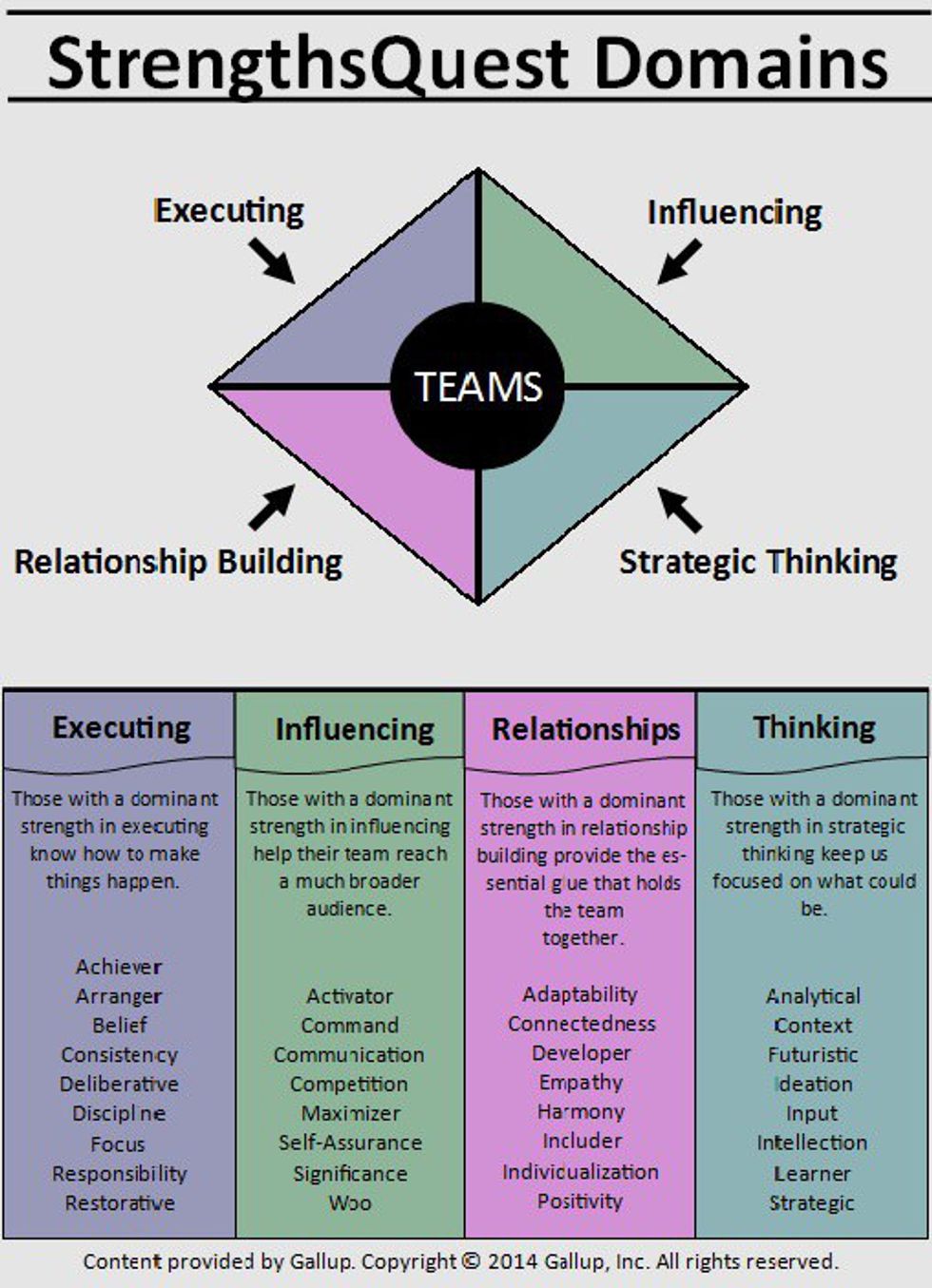One of the most well-known attributes of Kansas State University is how strengths-based our classes, organizations, faculty and students are. Most email signatures and staff office doors include the top five StrengthsQuest results of the respective individual, many organization applications ask you to apply your strengths, and everyone is given the ability to discover their top five strengths through the StrengthsQuest test for free as a freshman.
When I took this test as a freshman, I had little to no idea how much of an impact knowing my five top strengths would make on my college career.
In learning my strengths I have learned how I can better contribute to group projects, how to showcase myself in applications and interviews, and how to grow as an individual in school and my future career.
It has been proven that people in the workforce become more successful when they stop focusing on improving their weaknesses but instead focus on building upon their strengths. The notion of becoming a well-rounded person is no longer the best way to go through life, as being a jack of all trades means nothing if you're a master of none.
Strengths are divided into four different categories and are listed below.
If your top five strengths vary between executing and thinking, you might not be best at adaptability or harmony. Or if your top strength is empathy, you may have a weakness in competition.
Knowing where your strengths lie allow you to know where you best fit in a team or group setting, as well as how you work as an individual. While we all want to say we are strong in all these areas, it is just not realistic. Even if you have a strength in each of the four domains, you are no expert on all four areas.
Being able to accept and understand this allows us to build our teams based on who can compliment our strengths. If you're a "Woo," you may need a "Focus." Or, if you're a "Futuristic," you may need a "Discipline."
While attending a Strengths-Based school I have learned how to understand where my strengths are, and how I can better develop myself in those areas. I have learned to stop trying to be the jack of all trades, but how to specialize in areas I already have strengths in.
We can't all by analytical and we can't all be individualizers. Accepting this while at an early age in our college careers gives us the opportunity to know and grow our strengths before entering the workforce.
Your strengths are where your natural talents lie, and it takes knowledge and skill to hone your strengths.
“A strength is the ability to provide consistent, near-perfect performance in a given activity. The key to building a strength is to first identify your dominant themes of talent, then to discover your specific talents within those themes, and to lastly refine them with knowledge and skills. Talents are naturally recurring patterns of thought, feeling, or behavior that can be productively applied. One of the three “raw materials” used in strengths building, talent naturally exists within you, while skills and knowledge must be acquired.” (Clifton & Hodges)
If you don't yet know where your natural talents lie, I encourage you to find your strengths at the StrengthsQuest website.
Knowing how to build on my natural talents have defined the choices I have made throughout my college career, and this is why I am grateful K-State is a Strengths-Based university.






















